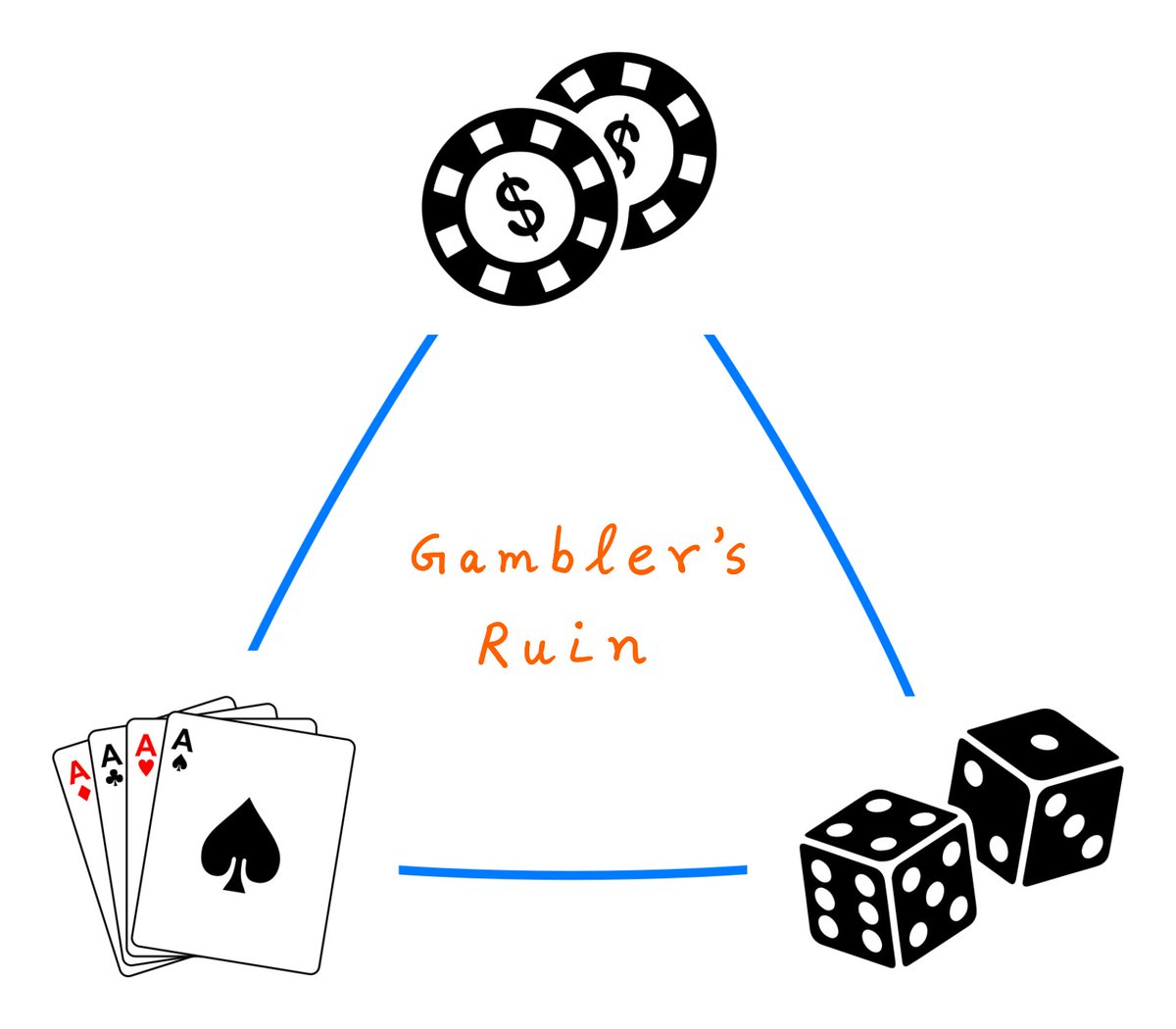Folks, here's a recording of our latest Money Concepts episode -- where we discussed "Inflation" for an hour and a half.
If that's too long for you, no worries. Just scroll down. We've created a few ~2 minute "highlights" you can listen to.
callin.com/?link=tURmKhwt…
If that's too long for you, no worries. Just scroll down. We've created a few ~2 minute "highlights" you can listen to.
callin.com/?link=tURmKhwt…
Highlight #1
The purpose of investing is NOT to grow our money.
It is to grow our *after tax purchasing power*.
The purpose of investing is NOT to grow our money.
It is to grow our *after tax purchasing power*.
More on this idea of growing after-tax purchasing power -- from Warren Buffett's 1980 Berkshire letter: 

Highlight #2
Sir Steven Wilkinson shared with us his recollections of the 1970s, when he and his family lived through high inflation in the UK.
Astute observations on how governments and businesses tend to behave during inflationary times:
(h/t @SKNWilkinson, @goodandprosper)
Sir Steven Wilkinson shared with us his recollections of the 1970s, when he and his family lived through high inflation in the UK.
Astute observations on how governments and businesses tend to behave during inflationary times:
(h/t @SKNWilkinson, @goodandprosper)
Highlight #3
LIFO vs FIFO accounting during periods of high inflation
LIFO vs FIFO accounting during periods of high inflation
Highlight #4
Series I bonds: one way to protect part of our capital from inflation
Series I bonds: one way to protect part of our capital from inflation
More on Series I bonds:
Here's an excellent overview written by my friend, @rationalwalk:
rationalwalk.com/the-case-for-u…
Here's an excellent overview written by my friend, @rationalwalk:
rationalwalk.com/the-case-for-u…
Note:
I incorrectly said that Dec 31'st was the last date to buy $10K worth of these bonds for 2021.
The last date is actually Dec 29'th.
For more: freep.com/story/money/pe…
I incorrectly said that Dec 31'st was the last date to buy $10K worth of these bonds for 2021.
The last date is actually Dec 29'th.
For more: freep.com/story/money/pe…
Highlight #5
Which businesses are immune to inflation?
ONLY those that can respond to inflation by:
a) raising prices, AND
b) earning higher returns on capital.
This is a "3 part" highlight.
Part 1 of 3:
Which businesses are immune to inflation?
ONLY those that can respond to inflation by:
a) raising prices, AND
b) earning higher returns on capital.
This is a "3 part" highlight.
Part 1 of 3:
Part 2 of 3:
Part 3 of 3:
For more insight, I recommend reading Warren Buffett's wonderful Fortune Magazine article: How Inflation Swindles The Equity Investor.
Buffett wrote this in 1977. It remains relevant today, and is one of the best pieces I've ever read on inflation.
Link: tilsonfunds.com/BuffettInflati…
Buffett wrote this in 1977. It remains relevant today, and is one of the best pieces I've ever read on inflation.
Link: tilsonfunds.com/BuffettInflati…

Highlight #6
The impact of inflation on debt
The impact of inflation on debt
Highlight #7
Basic macro-economics: the "negative feedback loop" between interest rates and inflation
Basic macro-economics: the "negative feedback loop" between interest rates and inflation
Highlight #8
Businesses that have more control over their environment tend to be better protected against inflation.
It's far better to own a business that can *control* its environment than to own a business that's at the *mercy* of its environment.
Businesses that have more control over their environment tend to be better protected against inflation.
It's far better to own a business that can *control* its environment than to own a business that's at the *mercy* of its environment.
Highlight #9
One of the great defenses, if you're worried about inflation, is not to have a lot of silly needs in your life.
-- Charlie Munger
That's the last one. I hope you enjoyed this highlights reel!
One of the great defenses, if you're worried about inflation, is not to have a lot of silly needs in your life.
-- Charlie Munger
That's the last one. I hope you enjoyed this highlights reel!
About Money Concepts
We're a virtual investing club. Our goal is to help each other become better investors.
We meet Sundays at 1pm ET via @getcallin, to discuss all things investing.
Join us. Get the app. Subscribe. Tell your friends.
It's FREE.
callin.com/?link=DftUtOET…
We're a virtual investing club. Our goal is to help each other become better investors.
We meet Sundays at 1pm ET via @getcallin, to discuss all things investing.
Join us. Get the app. Subscribe. Tell your friends.
It's FREE.
callin.com/?link=DftUtOET…
• • •
Missing some Tweet in this thread? You can try to
force a refresh











